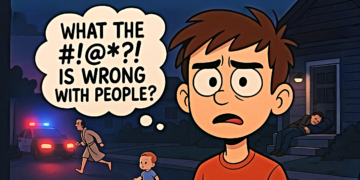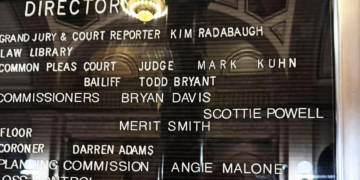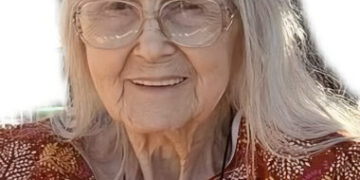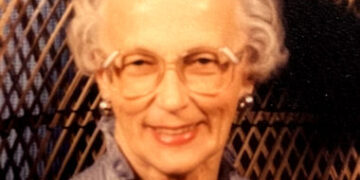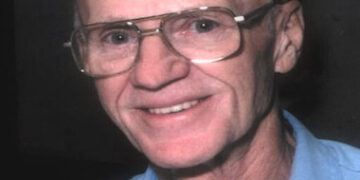Before you issue a concealed carry license to someone, you’d check to see if they’ve been declared mentally incompetent, right? Well, not in Ohio. At least, not until recently. A flaw in Ohio’s concealed-carry license system allowed folks who’d been ruled mentally incompetent to still legally pack heat. Now, Ohio Attorney General Dave Yost said his office had found a way to make sure that doesn’t happen.
Legal concealed-carry has been around for 16 years in Ohio. Yost said, he’s proud of the system overall “By any measure, our concealed-carry system is a success. To safeguard the public, this law prohibits licenses to felons and people who have been deemed by a court to be mentally incompetent. All of us have an interest in enforcing these prohibitions.”
Last year, Attorney General Yost ordered a review of the process for issuing concealed-handgun licenses. He said he wanted to make sure those licenses didn’t end up in the wrong hands.
That review uncovered the fact that state agencies often don’t talk to each and share important information.
Different Databases
Yost said the review was complicated because the databases are maintained by different state agencies. When it is determined that an individual was mentally incompetent, courts and mental health providers report to the Ohio Attorney General’s Bureau of Criminal Investigation. That agency keeps a database of those people. However, the Ohio Department of Public Safety maintains the list of Concealed-handgun license holders. It maintains that information in the Law Enforcement Automated Data System (LEADS) database. Only law enforcement used that database. The Identification Division of BCI didn’t have access to the information.
For the very first time, the state decided to compare the two databases. What they found was shocking.
41 Mentally Incompetent People Issued CC Permits
They compared the databases and the results shocked them. Ohio issued concealed-carry permits to 41 people deemed mentally incompetent.
“Those 41 individuals represent only a tiny fraction of a percentage of the Ohioans who have concealed-carry licenses. We are not aware that any harmful outcomes have resulted,” Yost said. “But even one unlawful license is too many.”
Fixing the Problem
Yost said it was easy to fix the problem, BCI partnered with the Ohio Department of Public safety to automate the cross-checking. It didn’t even cost anything to implement.
The change allows concealed-carry data to go into the BCI database automatically. Yost said. “When a mentally incompetent adjudication is uncovered in the cross-checking process, BCI is committed to promptly notifying the appropriate sheriff’s office by phone and in writing so that action can be taken on the CHL in question.”
Yost pointed out that his office is simply enforcing existing laws.






